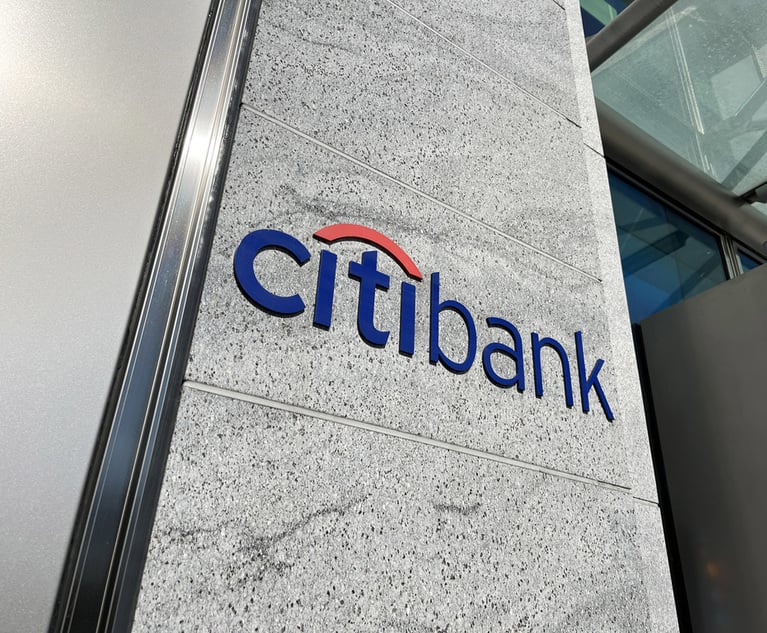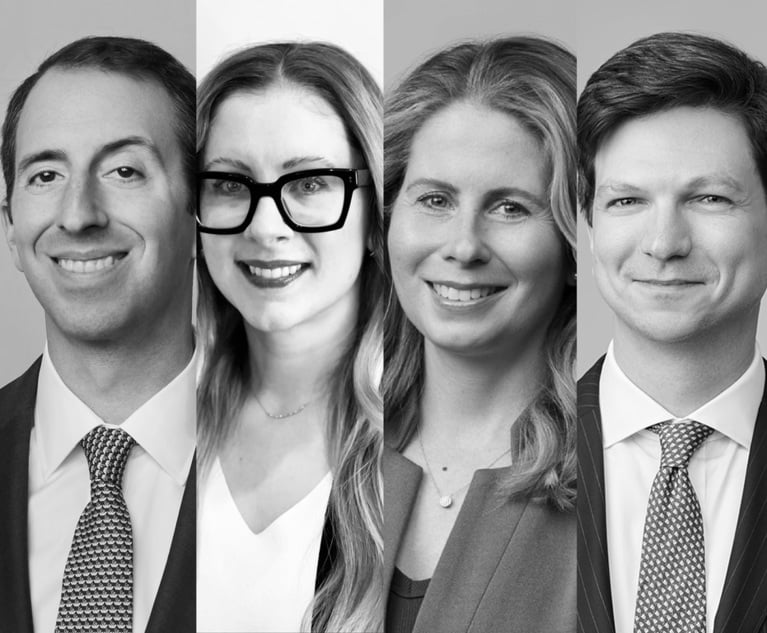CULTURAL SIGNIFICANCE - In law school, they don’t teach you how to run a law firm. But if they did, the first lesson on the first day would be “how to use ‘culture’ in a sentence.” Ask law firm leaders about the future of work and/or the war for talent and they’ll inevitably expound on the importance of preserving their “culture.” But the word means different things (and, let’s face it, sometimes doesn’t mean anything) depending on the firm. Most law firm leaders, asked to define their own culture, will string together alliterative sentences that also feature the words “collaboration” and/or “collegiality.” But, as Law.com’s Dylan Jackson reports, law firm culture isn’t just something that can be espoused by leadership and willed into existence. Instead, as legal sector analyst Jordan Furlong noted in a recent roundtable discussion, culture is an “outcome, it’s a result.” And, Jackson notes, that result is often influenced by factors that fall outside the direct control of leadership, including how a firm is perceived by its people.
FROM WORST TO FIRST? - It may feel like we’re reliving January 2021 all over again as COVID thwarts yet another attempt by courts across the country to move forward in a meaningful way. But, in Philadelphia, a year has made quite a difference. Last January, the city’s court system was forced to postpone its planned restart of in-person civil and criminal jury trials to March, stoking frustration that had already been building for months over what some local litigators viewed as a lack of urgency on the part of court administrators. “I have cases in surrounding counties where judges are trying cases in movie theaters. Whether that’s appropriate or not, they’re trying,” Philadelphia litigator Clifford Haines said around that time. “But here I see no evidence of that [in Philadelphia]. I don’t know what to tell my clients or creditors or anybody.” But now, even as courts in other parts of the state pull back on in-person proceedings amid the rise of the omicron variant, the recent spike in COVID infections hasn’t stopped Philadelphia’s jury trials, and observers told Law.com’s Aleeza Furman that a slowdown is not expected anytime soon. “I think the Philadelphia Courts of Common Pleas have emerged as the leaders in adapting to the challenges posed by the pandemic,” said Mark Tanner of Feldman Shepherd Wohlgelernter Tanner Weinstock Dodig.
PILLOW TALK - Robins Kaplan and Benesch, Friedlander, Coplan & Aronoff filed a defamation lawsuit against My Pillow Inc. and its CEO Michael J. Lindell on Tuesday in Minnesota District Court on behalf of Smartmatic and its parent company SGO Corporation Limited. The suit accuses Lindell of spreading disinformation about the Smartmatic voting machines used in the 2020 presidential election in Los Angeles county. Counsel have not yet appeared for the defendants. The case is 0:22-cv-00098, Smartmatic USA Corp. et al v. Lindell et al. Stay up on the latest deals and litigation with the new Law.com Radar.
EDITOR’S PICKS
You Might Like

Trending Stories
-
Featured Firms
Law Offices of Gary Martin Hays & Associates P.C.75 Ponce De Leon Ave NE Ste 101Atlanta, GA 30308(470) 294-1674www.garymartinhays.comLaw Offices of Mark E. Salomone2 Oliver St #608Boston, MA 02109(857) 444-6468www.marksalomone.comSmith & Hassler1225 N Loop W #525Houston, TX 77008(713) 739-1250www.smithandhassler.comPresented by BigVoodoo
More From ALM
View Now
View Now
View Now
Dubai
Law firms & in-house legal departments with a presence in the middle east celebrate outstanding achievement within the profession.
Learn More
Aurora, CO
The premier educational and networking event for employee benefits brokers and agents.
Learn More
Philadelphia, PA
The Legal Intelligencer honors lawyers leaving a mark on the legal community in Pennsylvania and Delaware.
Learn More
Atlanta s John Marshall Law School is seeking to hire one or more full-time, visiting Legal WritingInstructors to teach Legal Research, Anal...
Apply Now ›
Lower Manhattan firm seeks a premises liability litigator (i.e., depositions, SJ motions, and/or trials) with at least 3-6 years of experien...
Apply Now ›
Join the Mendocino County District Attorney s Office and work in Mendocino County home to redwoods, vineyards and picturesque coastline. ...
Apply Now ›
Connecticut Law Tribune
MELICK & PORTER, LLP PROMOTES CONNECTICUT PARTNERS HOLLY ROGERS, STEVEN BANKS, and ALEXANDER AHRENS
View Announcement ›









